Serbia, EU talks at standstill
One year ago the EU suspended its Stabilization and Association talks with Serbia.
Thursday, 03.05.2007.
09:46

Serbia, EU talks at standstill
In the meantime, fruitless post-election negotiations between the so-called Democratic Bloc parties resulting in almost six months without a new government in the wake of the January vote proved to be another stumbling block on the way to EU integration.Miroljub Labus, then vice-premier, president Boris Tadić and prime minister Vojislav Košutunica reacted differently to the freezing of SAA talks twelve months ago.
Labus resigned, Tadić called on the government to fulfill its international obligations, while Koštunica said that Brussels and Washington were to blame for the development just as his cabinet.
A year later, Serbia has made little progress both in the EU integrations and internal reforms processes.
Along with Bosnia, Serbia remains the only European country that has not signed the SAA agreement with the EU.
"We are currently in a very difficult situation regarding relations between Serbia and the EU. All our obligations regarding the fulfillment of priorities are at a standstill now - it is simply necessary to wait for the new government in order for processes to continue - primarily the process of internal reforms," Tanja Miščević of the European Integrations Office told Beta.
In her words, the non-functioning of the Serbian Parliament is also a major problem, because the harmonization of laws was at this moment the measure of Serbia's success in the process of European integration.
"We must also express our full readiness for cooperation with the Hague tribunal. I cannot say at this moment what this full readiness to cooperate will mean, what activities it will involve, but I am quite convinced that the EU will not abandon this condition," Tanja Miščević said.
She pointed out that the process of association with the EU at this moment had nothing to do with the issue of Kosovo, because the UN is to decide on Kosovo.
"Therefore, solving the status of Kosovo is not a condition for the resumption of negotiations with the EU. The only condition was the constructive approach of our negotiating team," Miščević said, adding that the European Union was not trying to bargain with Serbia by offering quicker integration in exchange for Kosovo's independence.
"The percentage of Euroskeptics in Serbia is growing. This is the result of the unclear messages of the political elite in Serbia, and of European politicians who speak about Kosovo. The bargaining one can read about in the media does not exist," Tanja Miščević said.
New government holds key: EC
The European Commission (EC) stated Wednesday that the expected new Serbian government was "holding the key" to the resumption of negotiations on stabilization and association with the European Union, and that the EC was prepared to do this "as soon as possible."The condition remains the same, there is nothing new in relations between EU and Serbia and the Serbian authorities are expected "to demonstrate a clear political resolve and take effective steps towards arresting the remaining war crimes suspects," Beta was told by sources in the EC.
However, some things are progressing, so a high official of the EC, Jean-Louis Brauer, will arrive in Belgrade on May 8 to sign the agreements on visa alleviation and readmission with the Serbian authorities.
Still, it was pointed out that many issues within the stabilization and association process were at a standstill, because there are no relevant officials to talk to in the Serbian government and the parliament is also unable to pass laws.
The EC sources said this was especially important because work is already under way on the creation of the EC's report, due in autumn, about progress in political and economic reforms in Serbia and other countries of the region.
The sources also said that, since November last year, "very little, or nothing has been known about the implementation of the Serbian government's action plan for accomplishing full cooperation with the Hague tribunal," which also raises the issue of the political readiness or capability of the relevant Serbian bodies to fulfill the key condition for the resumption of negotiations.











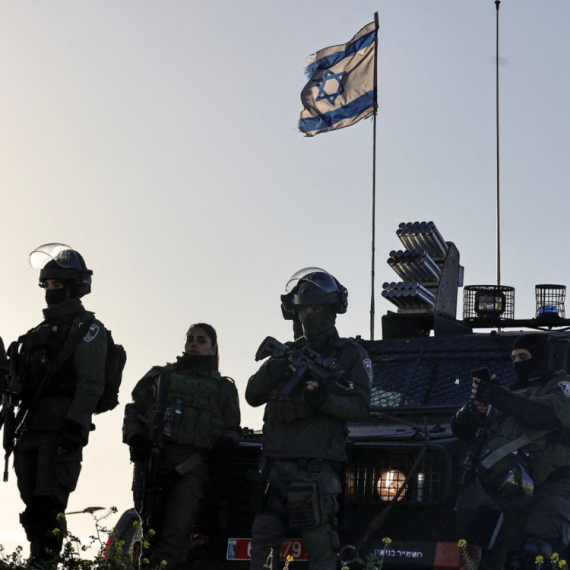

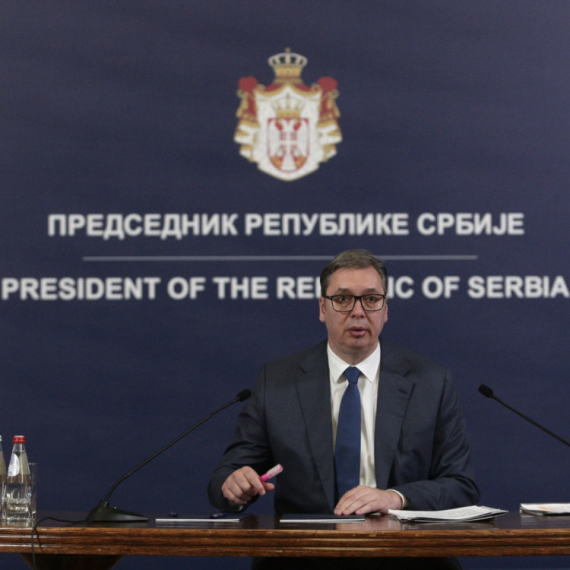
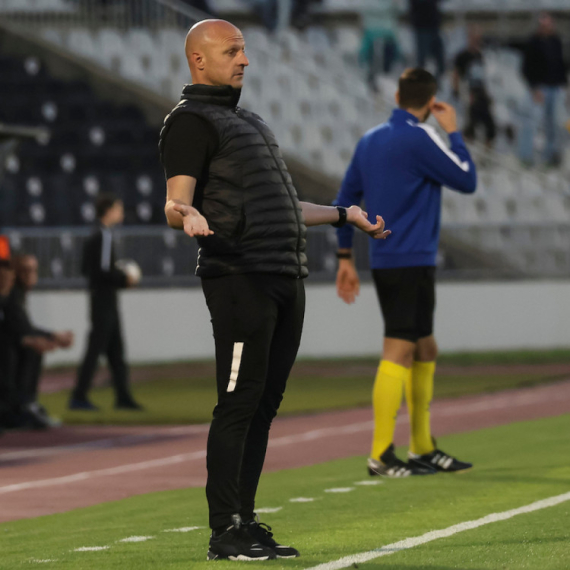
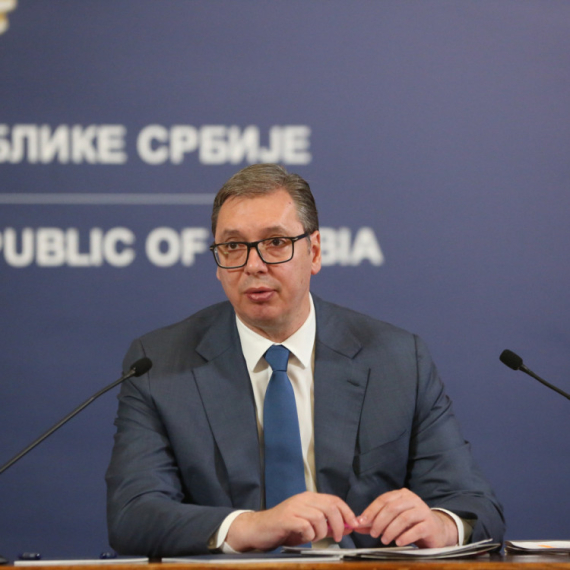


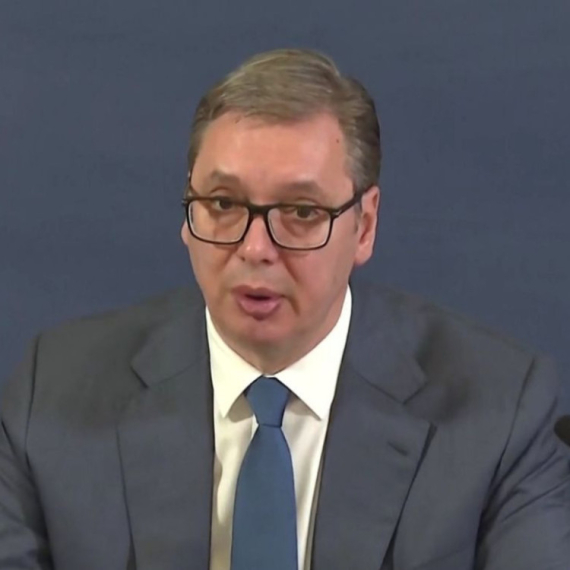







































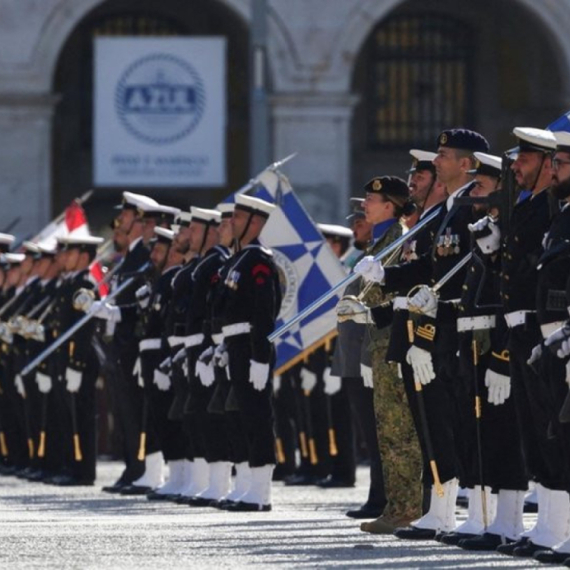

Komentari 7
Pogledaj komentare